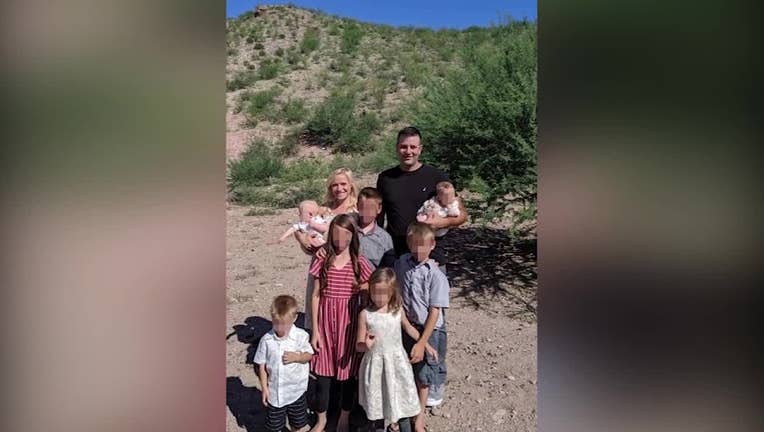Deadly Northern Mexico shooting brings renewed attention on faith-based communities in the area

PHOENIX - In the aftermath of an ambush in Northern Mexico that killed nine Americans, there are many questions about the community the families lived in, and which ones are connected to the Church of Jesus Christ of Latter-Day Saints.
In particular, there has been a lot of confusion on whether the people living in the community are with the LDS church or the FLDS church.
Religious expert Cristina Rosetti says while the La Mora community is made up of families, they are not a group. They believe in the ideas of Mormonism, but they don't have a religious identity.
"La Mora is a diverse community of Mormons that live in Mexico," said Rosetti, in a phone interview. "I say diverse because it's multiple different kinds of Mormons that live together, so it's not just LDS people. When we say Mormon in this context, we're talking about more than just the church that most people are familiar in Salt Lake City."
Unlike the more notorious fundamentalist sect that was run by Warren Jeffs, the families who live in La Mora refer to themselves as "Independent Mormon Fundamentalists".
"That's a kind of Mormon that we don't hear a lot about, but the main driving point is that they're not part of a church," said Rosetti. "The people in La Mora are part of this very long-standing Mormon tradition of practicing polygamy, being Mormon but not being part of a church."
They're not a church, a group or a sect, and since they don't have a leader, they are not organized.
So, how did this community arrive in an area that, to many, may seem dangerous? Rosetti says it dates back to the 1880s, which is nothing like it is now.
"The LDS Church actually sent people to Mexico," said Rosetti. "LDS Church purchased land and started sending people to Mexico in 1880 because of religious persecution, and it wasn't just Mexico. They also sent people to Canada. When they ended polygamy in 1890, they just continued to go to Mexico and Mormon fundamentalist just continued that tradition."

